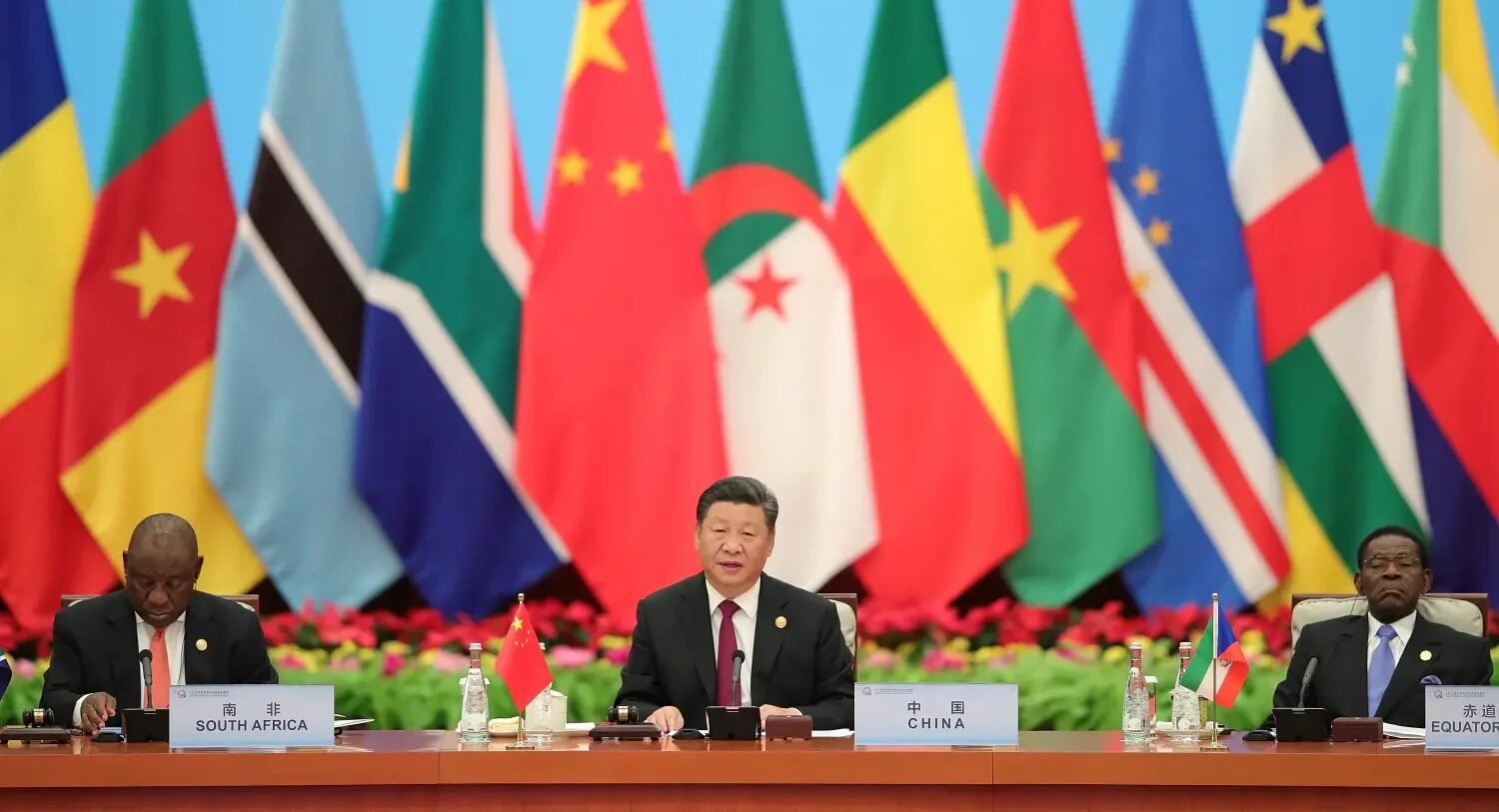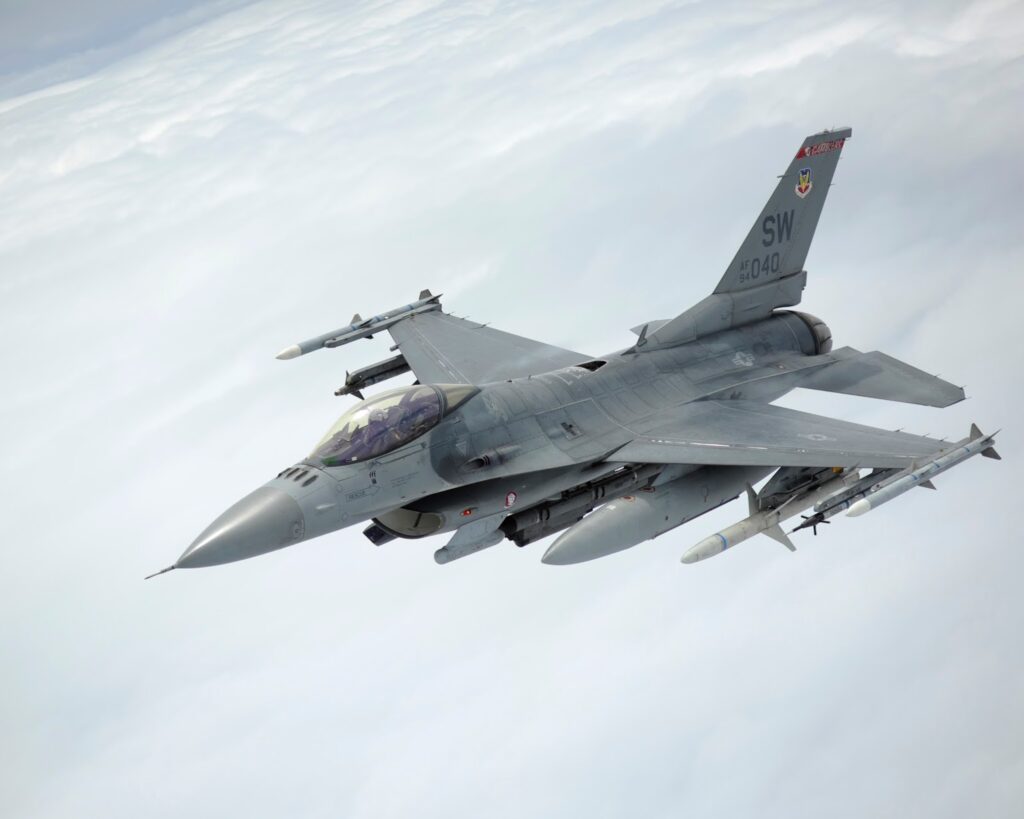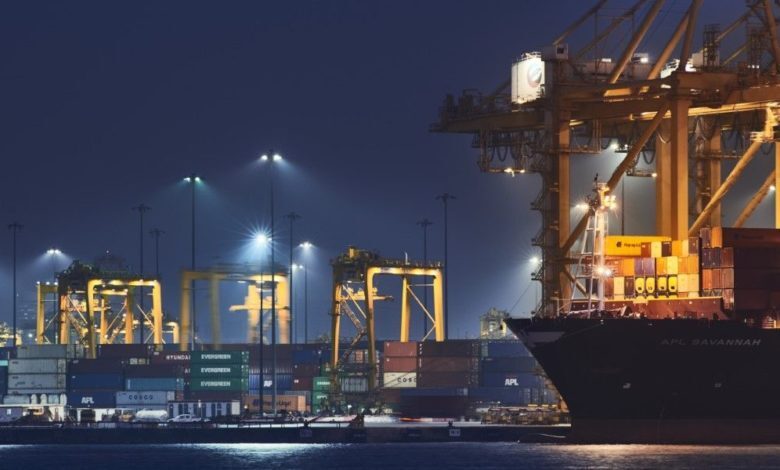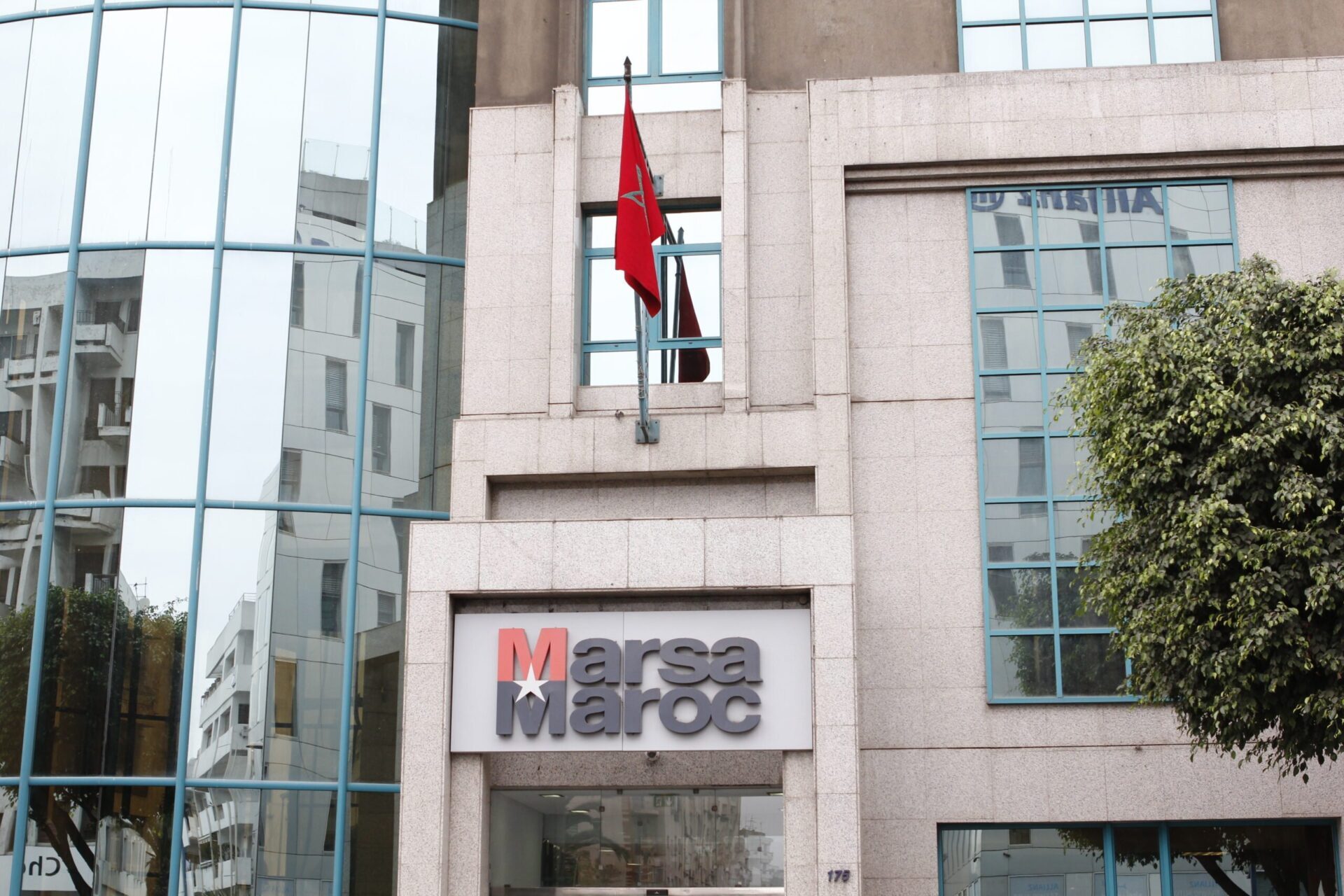
Monday 24th November 2025

by inAfrika Newsroom
Moroccan defence officials are voicing frustration over Morocco F-16 delays, after learning that a long-awaited batch of US-made fighter jets may face indefinite slippage and higher costs. Africa Intelligence reports that the kingdom remains in the dark about delivery dates for F-16V aircraft ordered from the United States, while price revisions fuel tense talks with manufacturer Lockheed Martin.
Rabat has invested heavily in its F-16 fleet, ordering 24 advanced jets and upgrading existing aircraft as part of wider air-force modernisation. Recent US foreign military sales contracts also included Morocco in a US$303.6 million radar support package for several partners. Yet Morocco F-16 delays now complicate planning, just as regional security challenges sharpen across the Sahel, Western Sahara and Mediterranean neighbourhood.
Officials worry that slower deliveries could create capability gaps, even though Morocco continues to operate upgraded F-16s and explore options for future F-35 purchases. Defence planners are also assessing how shifting US priorities and crowded production lines affect smaller allies that rely on predictable timelines for training, maintenance and integration.
Security experts say Morocco F-16 delays may not immediately alter the regional balance, since neighbours also face constraints on defence budgets and procurement. However, they note that uncertainty can erode planning confidence and encourage rivals to test red lines.
The episode comes as Morocco deepens security ties with the US and European partners, positioning itself as a key counterterrorism and migration-control hub. How Washington manages the backlog will affect perceptions of reliability among North African and Sahel partners.
Why it matters for Africa
The Morocco F-16 delays matter for Africa because they highlight how dependent many states remain on a small group of arms suppliers. When delivery schedules slip, countries that anchor regional security architectures must scramble to adjust training, maintenance and operational plans. That uncertainty can spill over into joint exercises, peacekeeping missions and counterterrorism operations. The case also raises questions about how African states diversify suppliers, invest in maintenance and negotiate contracts that share risks more fairly. For policymakers across the continent, Morocco’s experience offers a reminder that hardware alone does not guarantee security; predictable partnerships and long-term planning matter just as much.


